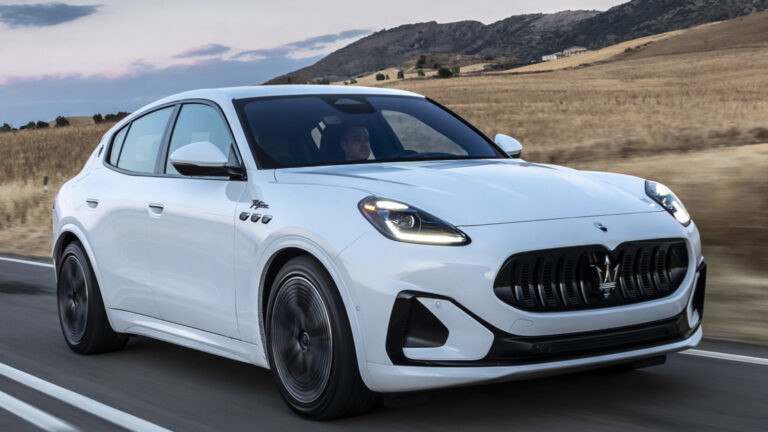General Motors and LG Energy Solution today confirmed the two companies will build a $2.3 billion battery cell plant in Tennessee that will be key to powering the 2023 Cadillac Lyriq electric midsize SUV, which will be assembled at the adjacent Spring Hill vehicle assembly plant starting next year. Construction begins immediately on the 2.8-million-square-foot facility on land leased from GM in Spring Hill. The goal is to have the plant come online in late 2023. It ought to employ 1,300 individuals who will help produce Ultium lithium-ion battery cells, GM CEO Mary Barra said.
The plant will have a capacity of 70 GWh, which is double that of Tesla’s Gigafactory 1 in Nevada, LG Energy Solution President and CEO Jonghyun Kim said. The battery cells will be used in vehicles made at the Spring Hill assembly plant that is being retooled to make only electric vehicles. First up is the Cadillac Lyriq.
GM has not outlined other vehicles to come from Spring Hill, but it has many electric SUVs in the works, including ones Buick and Chevrolet. Media reports have cited supplier sources that claim a second Cadillac electric SUV, likely called the Symboliq, is coming in 2024. GM has also partnered with Honda to make both a Honda and an Acura electric SUV, one or both of which will likely also come from Spring Hill.
Second Ultium Battery Plant
The new plant marks the second such one for Ultium Cells LLC, a joint venture of GM and LG Energy Solution of Korea. The two companies already are constructing a plant in Lordstown, Ohio, which is due to be completed in 2022.
Both the Tennessee and Lordstown plants will make the latest Ultium cells that are higher density, lower cost, and smaller than the batteries GM uses in the Chevrolet Bolt. While GM has yet to start producing Ultium lithium-ion batteries, the company’s engineers are already at work on the second-generation Ultium chemistry, which is expected to arrive by the middle of the decade and is due to further reduce battery costs and improve EV driving range. While first-generation Ultium batteries are expected to offer up to 450 miles of driving range on a single charge, the second-generation battery aims to provide as much as 600 miles of range on a full charge while also bringing costs closer to parity with those of gasoline-powered vehicles.
“We believe 2021 is truly the tipping point to electric vehicles,” Barra said.
